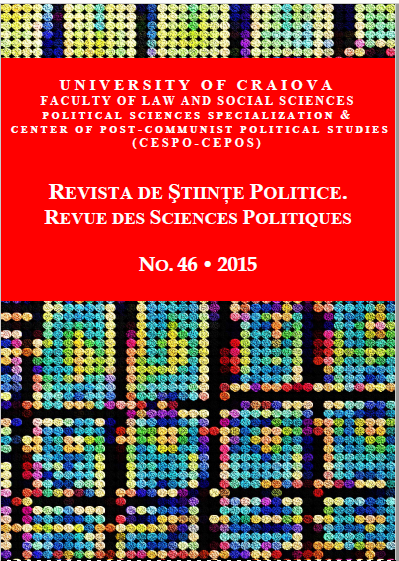Effects of Parental Migration on Families and Children in Post-Communist Romania
Effects of Parental Migration on Families and Children in Post-Communist Romania
Author(s): Aniela Matei, Andra-Bertha SănduleasaSubject(s): Social history, Family and social welfare, Post-Communist Transformation, Migration Studies
Published by: Editura Universitaria Craiova
Keywords: parental care; parental deprivation; migration for work; transnational family; family policies; transnational parenthood;
Summary/Abstract: Migration is considered a form of socio-economic behaviour. Previous research in the field shows that migration became a strategy of life after the fall of the communist regime for many Romanians, due to the difficult transition to democracy. Aside from the economic benefits of migration, this strategy of life has sometimes negative social effects on family, as migration becomes a destabilizing factor for the family especially when children are left in Romania. Children often find themselves responsible for tasks usually completed by the adult members of the family (such as housework and even agricultural work in the case of children from rural areas), leaving aside their obligations to attend school. According to official statistics, over 80 thousands children living in Romania have at least one parent working abroad. However, numerous NGO’s activating in Romania argue that the actual size of this phenomenon is still unknown, despite the fact that efforts are made by the public authorities to determine the real number of children living in this country and having at least one parent who works abroad.
Journal: Revista de Științe Politice. Revue des Sciences Politiques
- Issue Year: 2015
- Issue No: 46
- Page Range: 196-207
- Page Count: 12
- Language: English

